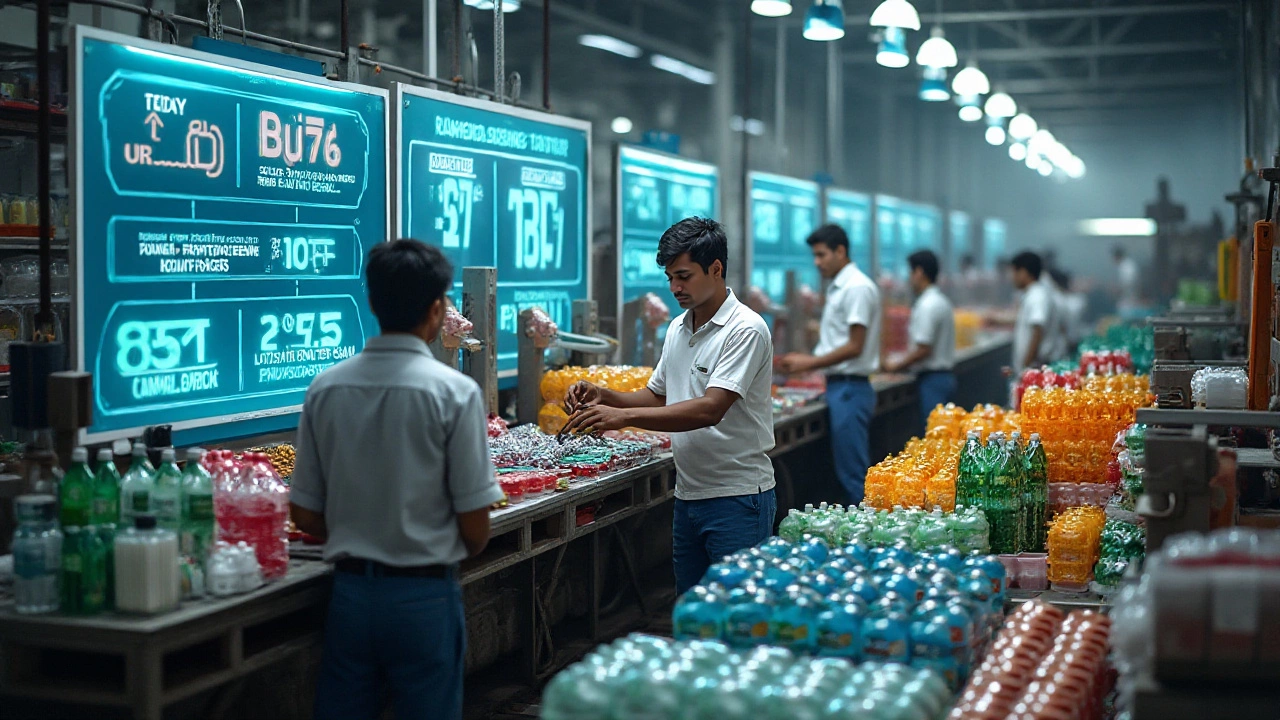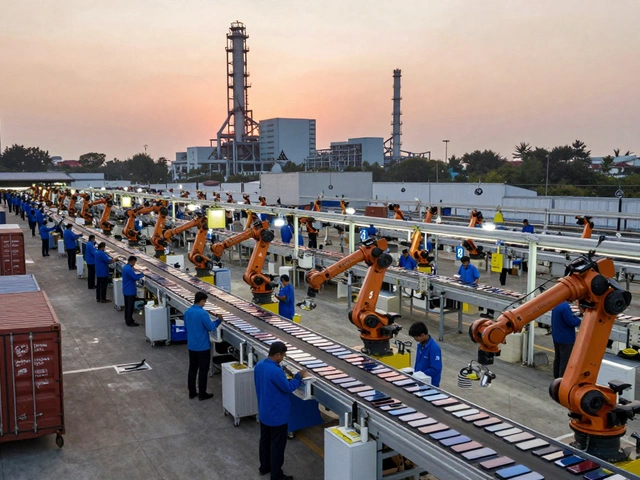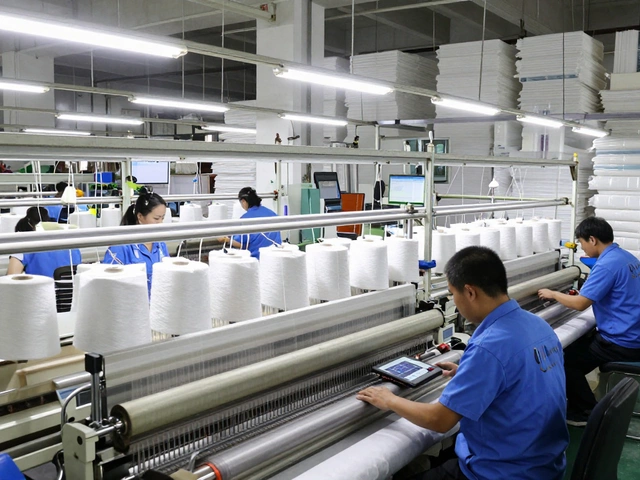Global Plastic Companies: Who They Are and Why They Matter
If you’re looking for a plastic supplier, the first thing to ask yourself is whether the company really knows the game. Global plastic companies range from giant petro‑chemical giants to niche innovators focused on bio‑based resin. Knowing the landscape helps you avoid cheap surprises and land a partner that can meet quality, cost, and sustainability goals.
Big Players and Their Strengths
Names like Dow, BASF, and LyondellBasell dominate the market. They bring massive R&D budgets, worldwide distribution, and a catalog that covers everything from PVC pipe to high‑performance engineering polymers. Their scale means lower per‑ton prices, but it can also mean longer lead times for custom orders.
On the other side, you’ll find regional champions such as India’s Reliance Industries and Thailand’s IRPC. These firms often combine cost‑effective production with quicker response times for South Asian customers. They’re also more likely to work on smaller batches, which is a plus for startups or niche product lines.
What’s Shaping the Industry Right Now?
Two trends are rewriting the rulebook. First, sustainability is no longer a buzzword. Companies are investing in recycled resin, circular‑economy models, and bio‑based plastics like PLA. Look for certifications such as ISO 14001 or certifications from the Ellen MacArthur Foundation – they signal real commitment.
Second, digital manufacturing is boosting speed and precision. Tools like AI‑driven process control and IoT‑connected extrusion lines let manufacturers cut waste and keep tighter tolerances. When a supplier mentions “Smart Factory” or “Industry 4.0,” expect more consistent quality and faster turn‑around.
For Indian entrepreneurs, this shift is a chance to partner with firms that blend global standards with local flexibility. Many Indian plastic manufacturers now have joint ventures with the big global players, giving you access to world‑class resin while keeping costs competitive.
So, how do you pick the right partner? Start with three practical steps:
- Check the product range. Does the company produce the exact grade you need? Ask for data sheets and test reports.
- Evaluate sustainability credentials. Ask about recycled content, carbon‑footprint reporting, and waste‑reduction programs.
- Test responsiveness. Send a small sample request and measure how quickly they answer, quote, and ship.
Most global plastic companies will have a dedicated sales desk for international clients. Don’t shy away from asking about minimum order quantities – many are lowering these limits to capture the fast‑moving startup market.
Finally, keep an eye on pricing trends. The price of crude oil still drives basic resin costs, but the premium for recycled or bio‑based plastics can vary widely. A good partner will be transparent about cost drivers and offer predictable pricing models.
In short, global plastic companies offer a mix of scale, technology, and sustainability. By focusing on product fit, eco‑credentials, and quick communication, you can find a supplier that supports your growth without compromising on quality or the planet.
Top Global Plastic Manufacturers Shaping the Industry
Plastic manufacturing is a significant sector, pivotal to a myriad of industries worldwide. Dominated by major players, the industry is responsible for producing billions of tons of various plastic products each year. Knowing the key manufacturers provides insight into market dynamics and future sustainability efforts. This article delves into the largest plastic manufacturers, their contributions, innovations, and their role in impacting both economy and environment.
Read More




